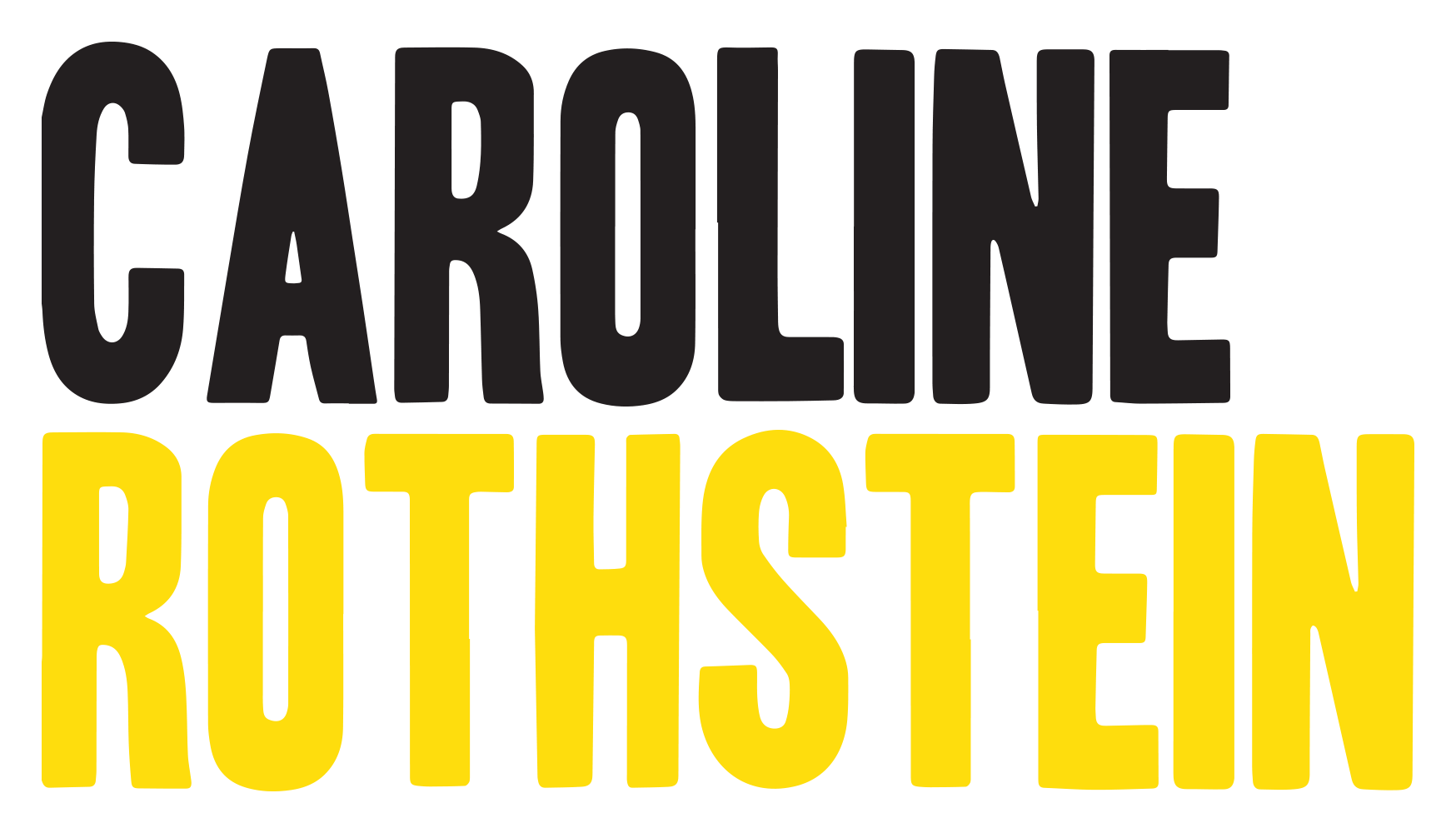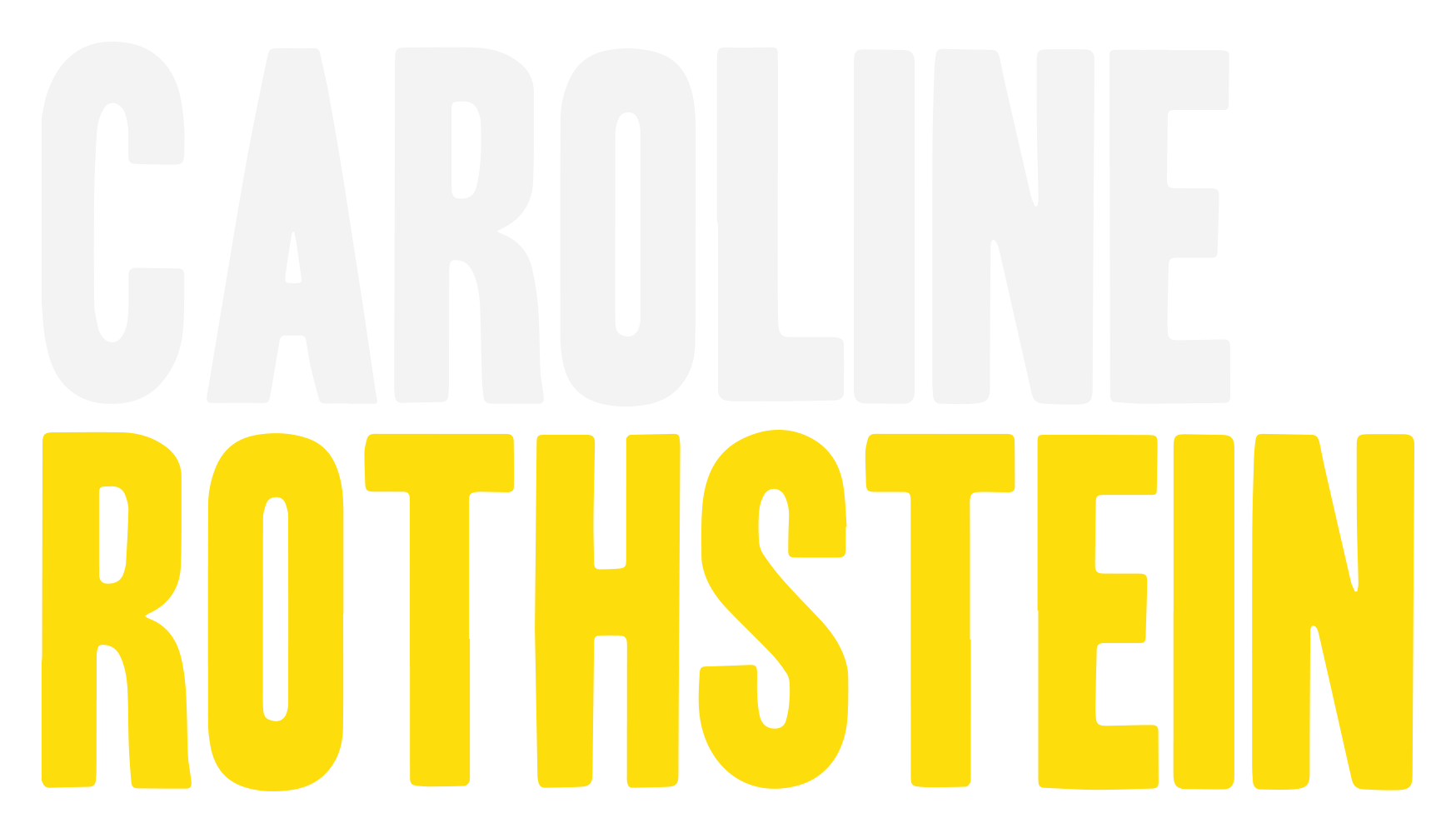One.
It’s impossible to articulate how many moments had to be made possible in the particular order in which they took place and happened and existed and arrived for this particular moment to have been made possible and take place and happen and exist and arrive exactly as it did.
I’m going to try—my hardest—to help you understand what it was like to be inside my body at this particular moment I am trying to describe. It’s a Monday evening in December 2024. I have a playwriting grant application due in 21 and a half hours, which will include a 20-page excerpt of my second one-woman play. I’ve been working on this script—in various iterations and incarnations—for years. And there’s a particular section and scene about my relationship to and with my ex of four and a half years—with whom I broke up 11 years ago, and have since become and remained profoundly close—that I’ve been struggling to get just right. For several years.
Recently, I shared a draft of the script with another friend, the director of my first one-woman play some 13 years ago, who helped me develop that first script. I had told her my wrestle now: the section and scene about the ex. After she read the script, she told me why it wasn’t working.
Immediately upon receiving her feedback, I knew the edits I had to make. I knew what I had to do. And I let that knowing simmer and stew—as I often do with edits and craft—until Monday.
Until 31 hours before the deadline was due, when my body was ready to revisit the script.
I made the edits. I shape-shifted the scene.
I hadn’t planned on reading it to him directly—my ex. But then there we were on FaceTime that evening, coincidently, having been trying for days to find a time to sync and connect.
And I told him about that morning, about editing the scene, and asked if he wanted to hear it.
I read it to him—the updated scene, knowing he had never heard any previous drafts of the scene or script, but knowing that he lived it, the scene in real life, with me 16 years ago.
He began to cry there on FaceTime. Soon, I was crying too.
And I continued to read—the script—to the person I was describing—in the script—and we continued to sit there on FaceTime—in real time—wiping our respective faces and eyes.
When I finished reading, and we finished processing, and I continued crying, I told him the part that felt most profound to me. It wasn’t the content itself. It was how fucking hard we had to work to arrive at a place, now 16 years after meeting, now 11 years after breaking up, whereby we remain not only invested in each other’s lives, but also invested in each other’s art, and that he was able to be the first person to hear and receive the newly edited version of the scene.
And we could do that work together. And feel it. And hold it. And what a moment and a gift.
And as I laid in bed that night, I thought about how—no matter how many big dreams and aspirations I have for my life and career, no matter how many awards or accolades I may want or receive or already have, no matter what benchmarks moments I’ve hit or fantasize I’ll reach—the actual benchmark is the making of the actual art. Is the uncanny potency of the process.
That so many fucking moments had to happen not only in my life itself (and his; and the world), but also the development of my artistic craft, in order to make possible this moment we shared.
And there is a poetry in that.
Two.
Recently, I had an epiphany while driving with a friend to spend a weekend celebrating a milestone birthday for another friend. We are all poets. The friends and me. We are all also multi-hyphenated artists and creatives. Some of us are also filmmakers. Playwrights. Graphic designers. Novelists. Journalists. Memoirists. Essayists. Editors. Painters. Performers. Actors. And. And. And. Many of us, most of us, span multiple genres with the magnitude of our craft.
And I said to my friend on this drive to celebrate our other friend that our common denominator is poetry. And that poetry demands a certain kind of dexterity. Because what poetry asks of us is to determine a particular kind of real estate and word economy that both the words and form behold, but so too the blank space and the line breaks and the possibility of what isn’t said.
And many of us in our crew of poets, in our particular corner and sect, spent years—decades—also performing our poetry on a microphone, often in poetry slams, which too requires a dexterity to not only meet the moment of the room, but also the real estate of our time at the mic.
And in this way, our nimbleness with language, our nimbleness of how we embody our own words, has led us to have a certain kind of dexterity in the other artforms in which we cultivate.
And in that way, it is no surprise how many of us are multi-hyphenated writers and artists in a plethora of crafts, because if poetry is our spinal cord, then there becomes a poetry in our craft.
And there is—too—a kind of poetry in that.
Three.
I’m tired of the grief of heaviness. Not the heaviness of grief. That’s become redundant. But the grief of heaviness. How sad it is to arrive at a place of being sad. How grief-filled it is to emerge from one moment and land in another, claustrophobic with pain. How painful to land in stunted breath. A breathing that isn’t the same breath as before. The lungs filled with an electricity of power outage. That’s how my throat felt. My upper chest. For a whole solid hour after I heard.
And I thought of you—poetic comrade—laying down on the floor in the middle of the classroom in rural Pennsylvania, opening your torso as a vessel, literally prostrating your back and shoulders to the ground—as if to model for these high school students that sometimes, the greatest instrument in conversation with our pen is not the movement of the moment, but the stilling. The quieting. The silencing. The listening. The holding. The touching of the space.
It had been so many years since we last spoke. So many years since we were last so often in the same room and space. So many years since I watched you blaze a microphone with your eyes.
You had eyes in your voice. Your teeth. You saw the backs of torsos and grounds of floors and understood the crevices of a moment in ways most moments can’t even understand themselves.
I have already tired of writing about you in the past tense. It hasn’t even been a full day.
But poetry already feels stunted today. Without you. And. And. And.
And also, poetry is poetry because of you. And. And. And.
And it’s nothing short of impossible, the grief. The poetics and real estate and word economy of grief. But then it somehow becomes so redundant that it becomes possible. I remember when I stood under my umbrella in the rain on Walnut and 34th Street waiting for a cab to go back to the Bolt Bus to go back to New York once I found out that my best friend from graduate school had collapsed and I had to rush to the hospital in Midtown. There was no limousine to take me in luxury to another death scene, like the one that drove me from my brother’s funeral to burial. But as I stood there in Philadelphia on that rainy March day in 2017, I remember thinking to myself: I have to fucking leave Philadelphia again and go to a hospital where another loved one’s brain has been injured and it’s unclear whether or not they’re going to die. I did that first with my brother on October 6, 2002. And he died 19 hours later in the hospital in Illinois. And then here I was again. My friend died seven months later. November 2017. And the grief, it just piles. And piles. And piles. Again. And again. And it becomes so impossible that it becomes possible but it’s not a thing I ever wanted to have to become possible. To find a ripening of possibility in my ability to stomach the grief. Even though this time it bolted to my chest. Throat. Clogged my ability to lung myself into lunging myself into more and more grief made possible by grief.
How much sadness does it take to get to the center of a grief?
How much grief does it take to get to the center of an impossibility?
How much impossibility does it take to get to the center of a poetic?
And how much poetic makes possible more possible impossibility until the likelihood of grief is as grief-stricken as the grief itself and what if that’s the only word we used: grief? Would we find a way to steam the grief out of the pot of boiling water and let it evaporate? I think what I’m saying is I’m tired of the preventable grief. But maybe there’s no such thing as preventable grief when all grief is possible because what’s actually impossible is living in the same body once forever, because eventually, every single body will no longer be possible to remain possible.
I think I’m advocating for a longer realm of possibility. Before the body has to cease.
I think I’m asking for a poetry. Of moments. Of possibility. A poetry for grief.
But the dexterity of the moment. Any moment. All moments.
Perhaps that is the grief.
That while every moment might be filled with the magnitude and potency of every single moment that led to its moment, some moments are so desperately wrought with pain. Grief.
Especially when the moment is death. Even though every moment itself dies as each moments moves and transforms onto the next.
Perhaps that too is the grief.
And still, after all these years, after all these moments, after all of these deaths, after all of the poetic and impossible griefs, I’m finding it so impossibly impossible to find the poetry in that.
***
*my word(s) is currently a free series; a tip jar is available on the main page.
Subscribe to "my word(s)"
Receive bi-weekly posts from Caroline’s "my word(s)" blog.


